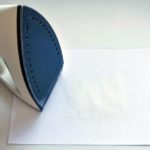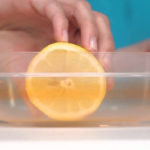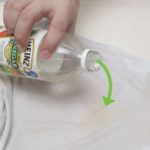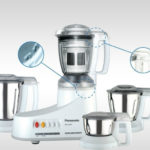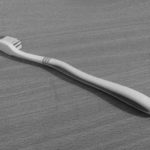In our daily lives, we often overlook the importance of cleaning certain personal items that we use regularly. These items may seem clean, but they can harbor dirt and bacteria that can be harmful to our health. Let’s explore ten such items that you may use frequently but might neglect to keep clean.
1 Pot Lid Handles
Pot lid handles are often overlooked when washing pots and pans. However, food residue and grease can easily build up in the grooves and curves of the handle, providing a breeding ground for bacteria. To ensure proper hygiene, pay close attention to these areas when cleaning, and consider soaking them in warm water with a mild detergent to remove any stubborn grime.
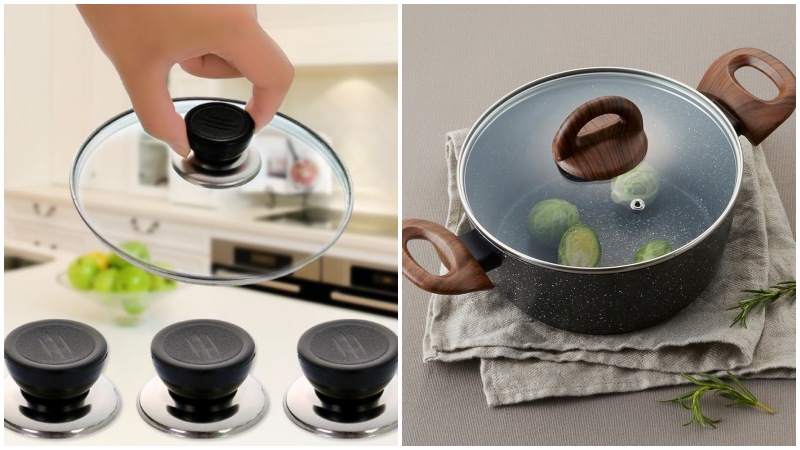 Pot Lid Handles
Pot Lid Handles
2 Strainers
Strainers are essential kitchen tools, but they can be tricky to clean thoroughly. Food particles can get lodged in the tiny holes, and simply rinsing with water may not be enough. To ensure a thorough clean, soak your strainer in a mixture of water and vinegar for about 10 minutes before scrubbing it with a brush or sponge under running water.
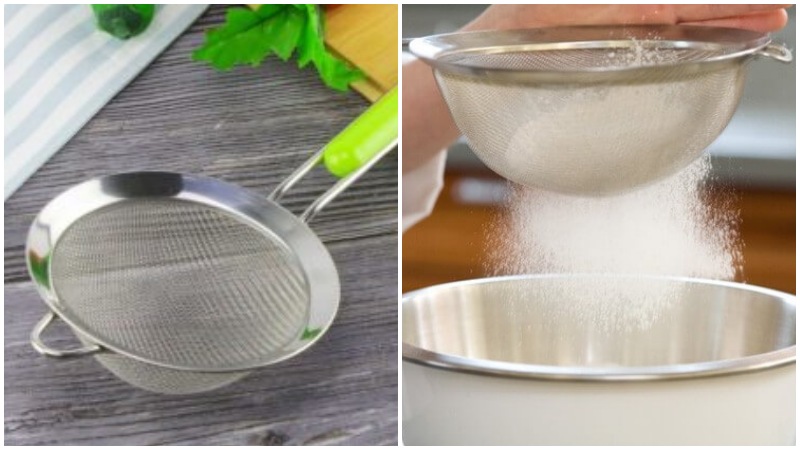 Strainers
Strainers
3 Meat Grinders
The blades of a meat grinder come into direct contact with raw meat, making it crucial to clean them thoroughly. To prevent bacterial growth, add a small amount of dish soap and water to the grinder and turn it on to ensure that all meat residue is removed from the blades.
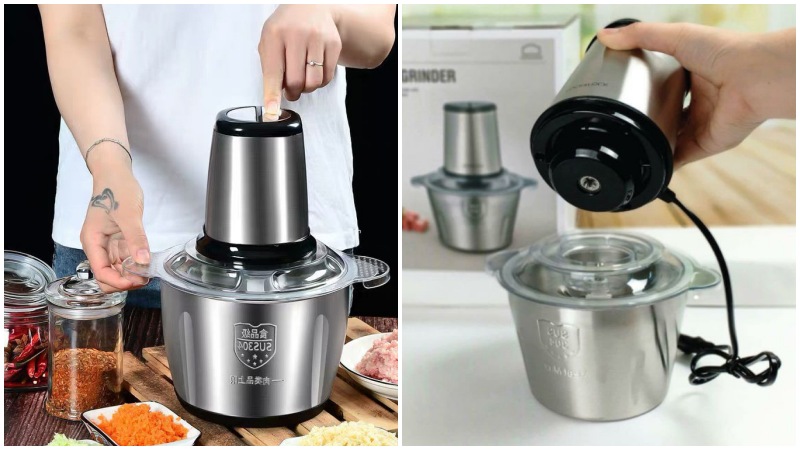 Meat Grinders
Meat Grinders
4 Reusable Bags
Reusable bags are a great way to reduce waste and help the environment. However, they can also become a breeding ground for bacteria if not cleaned properly. After each use, shake out any debris and wash the bag with soap or a mild detergent before air-drying it. This will ensure that your reusable bags stay clean and hygienic.
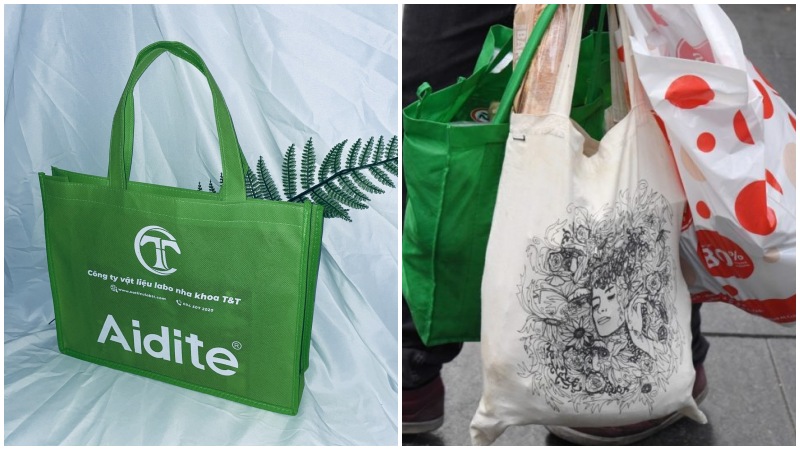 Reusable Bags
Reusable Bags
5 Brooms
Brooms are essential for keeping your home clean, but they can also collect dirt, hair, and other debris. To maintain a hygienic broom, use your hands to remove any visible dirt and regularly soak the broom in a bucket of soapy water, swishing it around to dislodge any stubborn particles. Rinse and air-dry afterward.
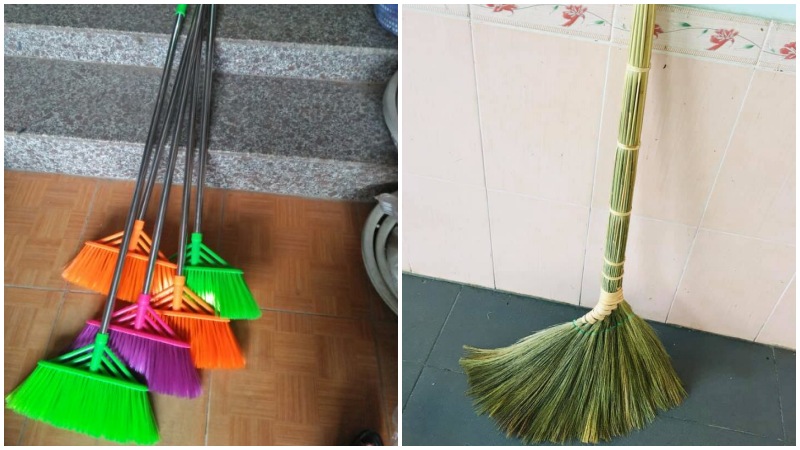 Brooms
Brooms
6 Dish Sponges
Dish sponges come into contact with food residue and grease daily. To maintain proper hygiene, it’s important to wash and disinfect your sponges regularly. Consider replacing them at least once a month to prevent the buildup of bacteria and ensure a fresh and clean sponge for your dishes.
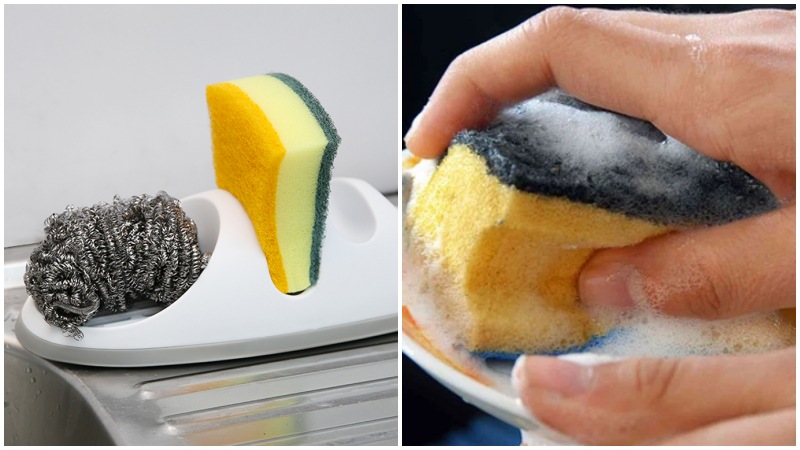 Dish Sponges
Dish Sponges
7 Mop Heads
Mop heads come into direct contact with dirty floors, so it’s crucial to keep them clean. After mopping, wash the mop head with soap or detergent and make sure to rinse and dry it thoroughly to prevent the growth of bacteria and unpleasant odors.
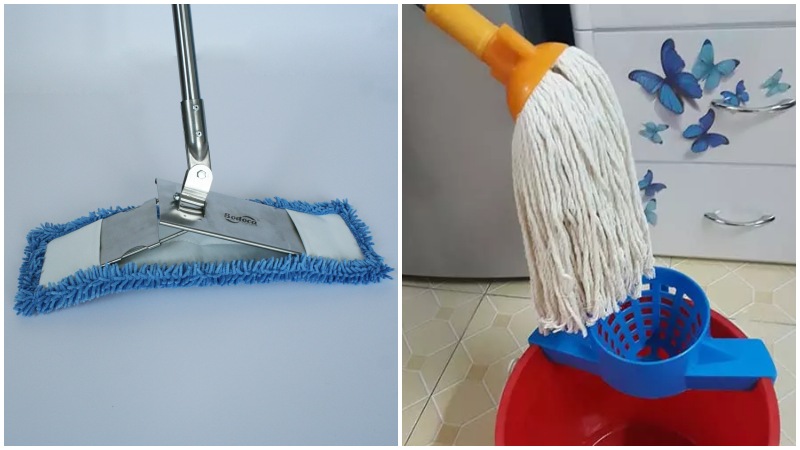 Mop Heads
Mop Heads
8 Door Handles
Door handles are frequently touched surfaces and can be a breeding ground for bacteria. Remember to regularly clean and disinfect door handles to prevent the spread of germs. This simple step can help keep you and your family healthy and reduce the risk of transferring bacteria to your face and mouth.
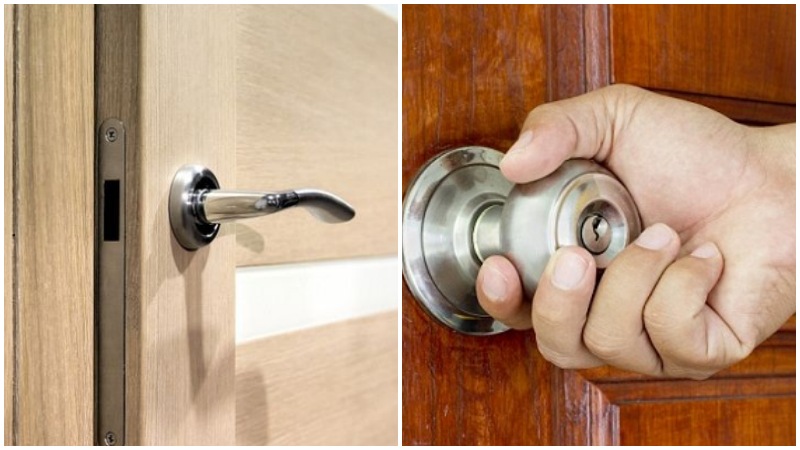 Door Handles
Door Handles
9 Trash Cans
Trash cans are a haven for bacteria due to the variety of waste they contain. Simply changing the trash bag is not enough to eliminate harmful germs. Make sure to wash your trash can with soap and disinfect it regularly, ensuring that it is thoroughly cleaned and free from unpleasant odors.
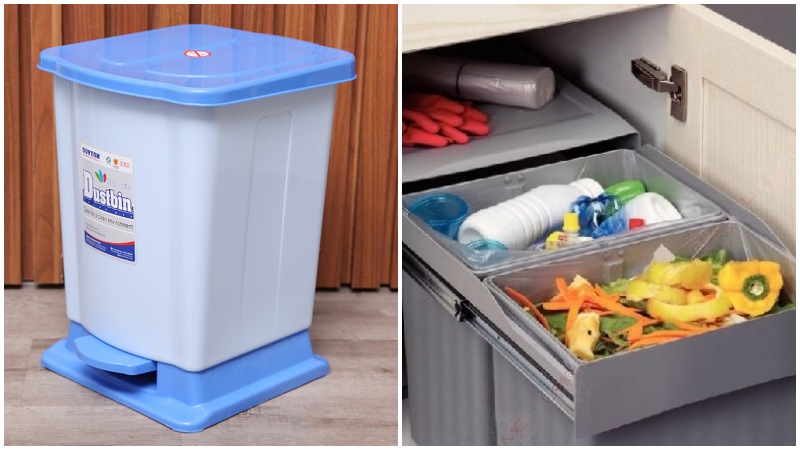 Trash Cans
Trash Cans
10 Knife Blocks
Knife blocks can harbor dirt and bacteria in their narrow slots and crevices. To keep your knives clean and sanitary, wash the knife block with dish soap and water, ensuring that it is completely dry before using it again.
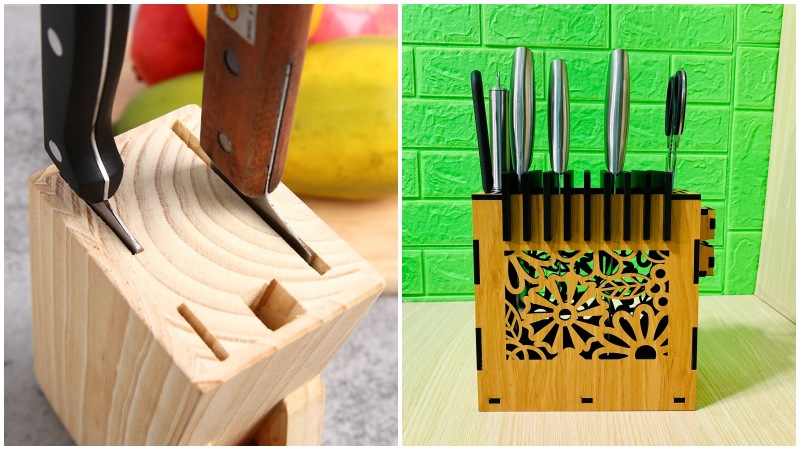 Knife Blocks
Knife Blocks
The items mentioned above are often overlooked when it comes to cleaning, but they play a significant role in our daily lives. By paying attention to these items and maintaining proper hygiene, you can ensure a healthier and safer environment for yourself and your loved ones.
























